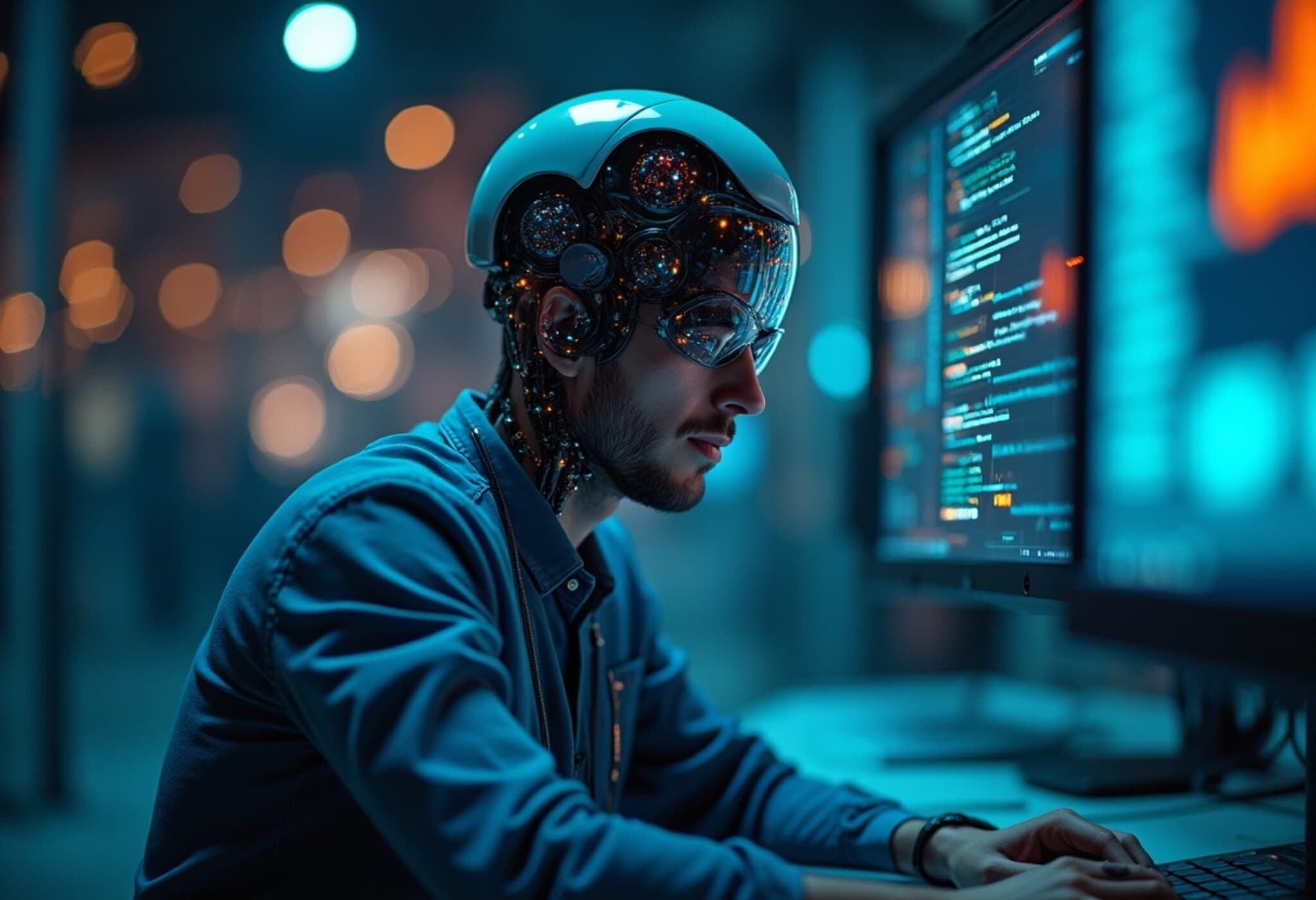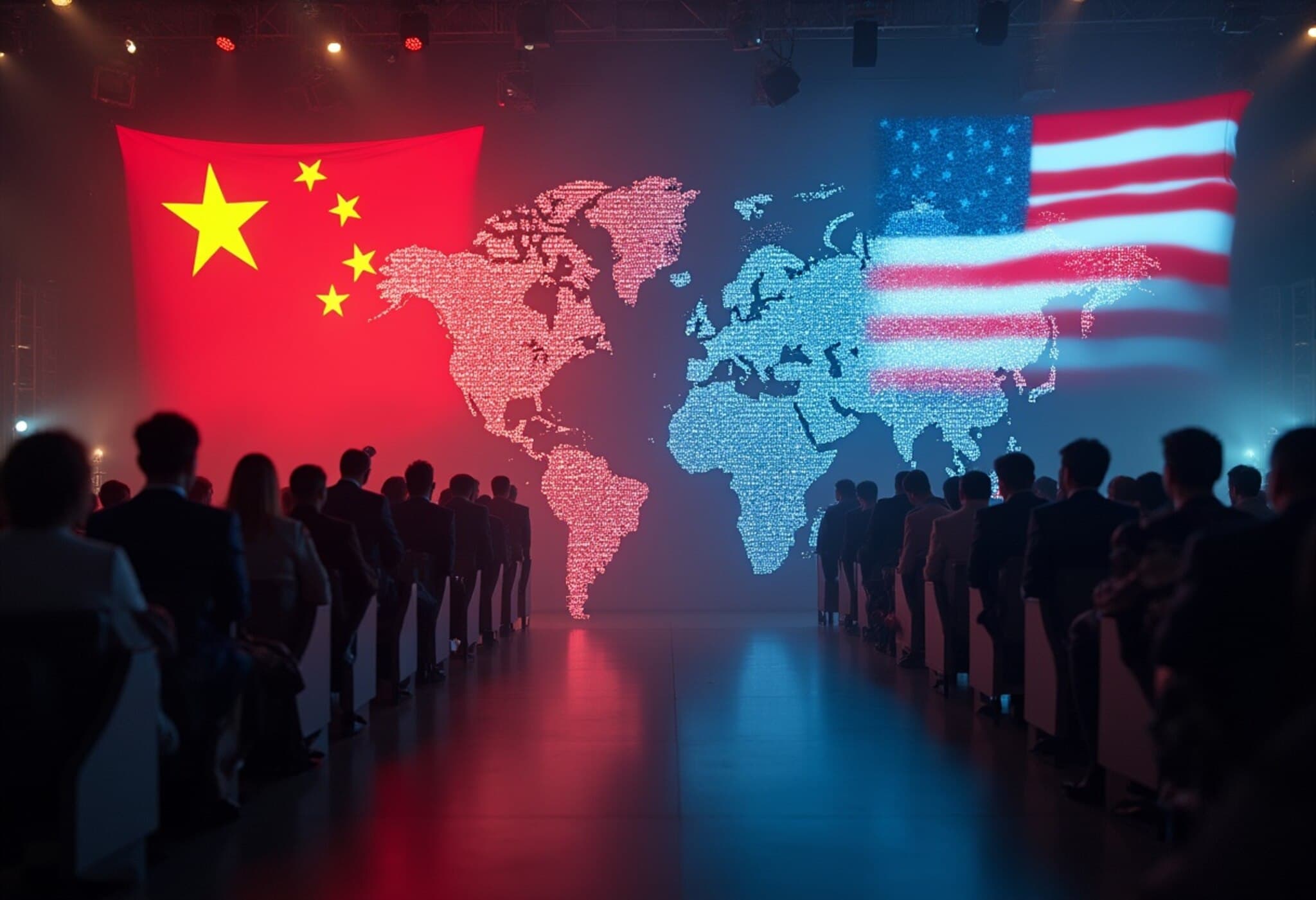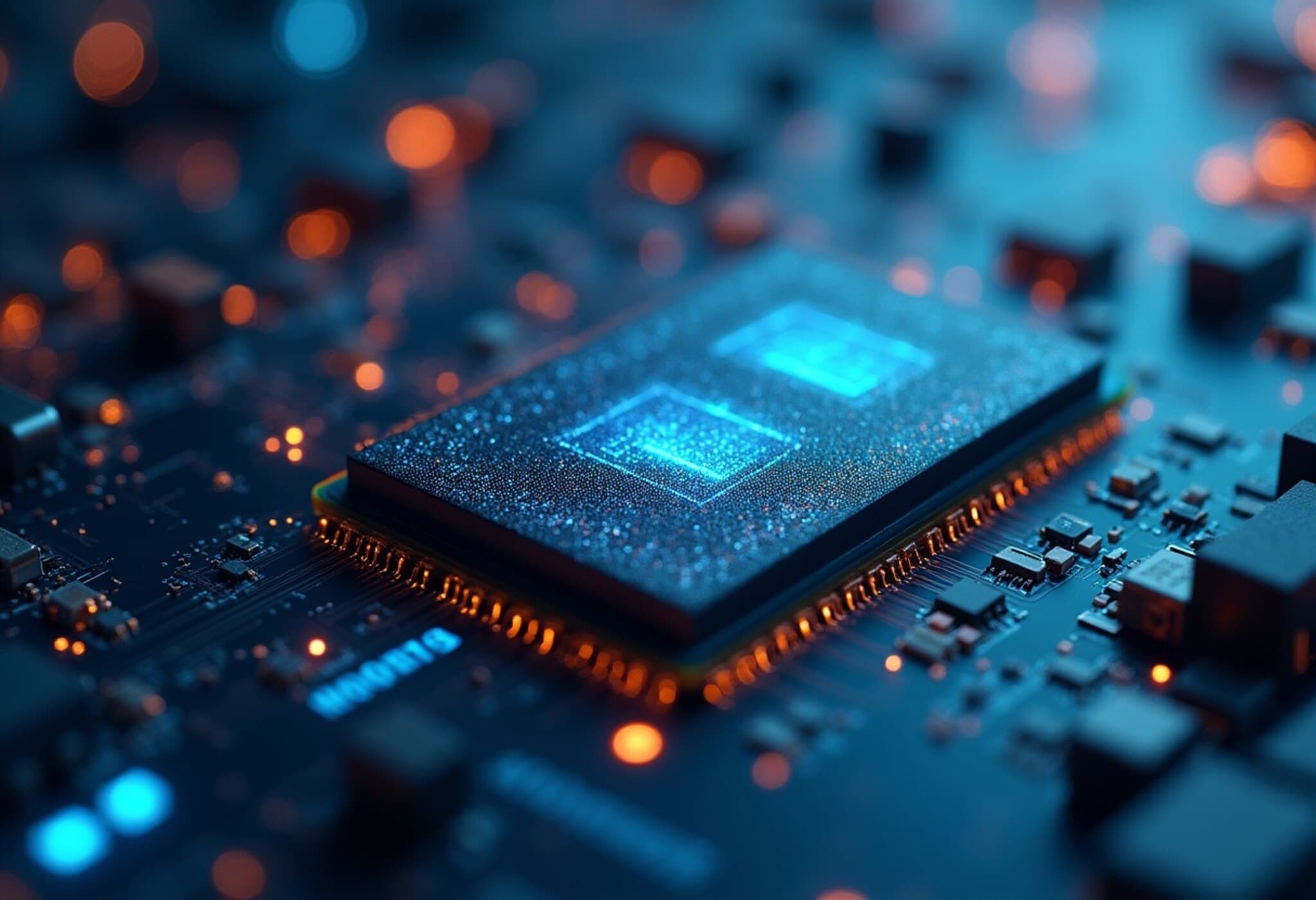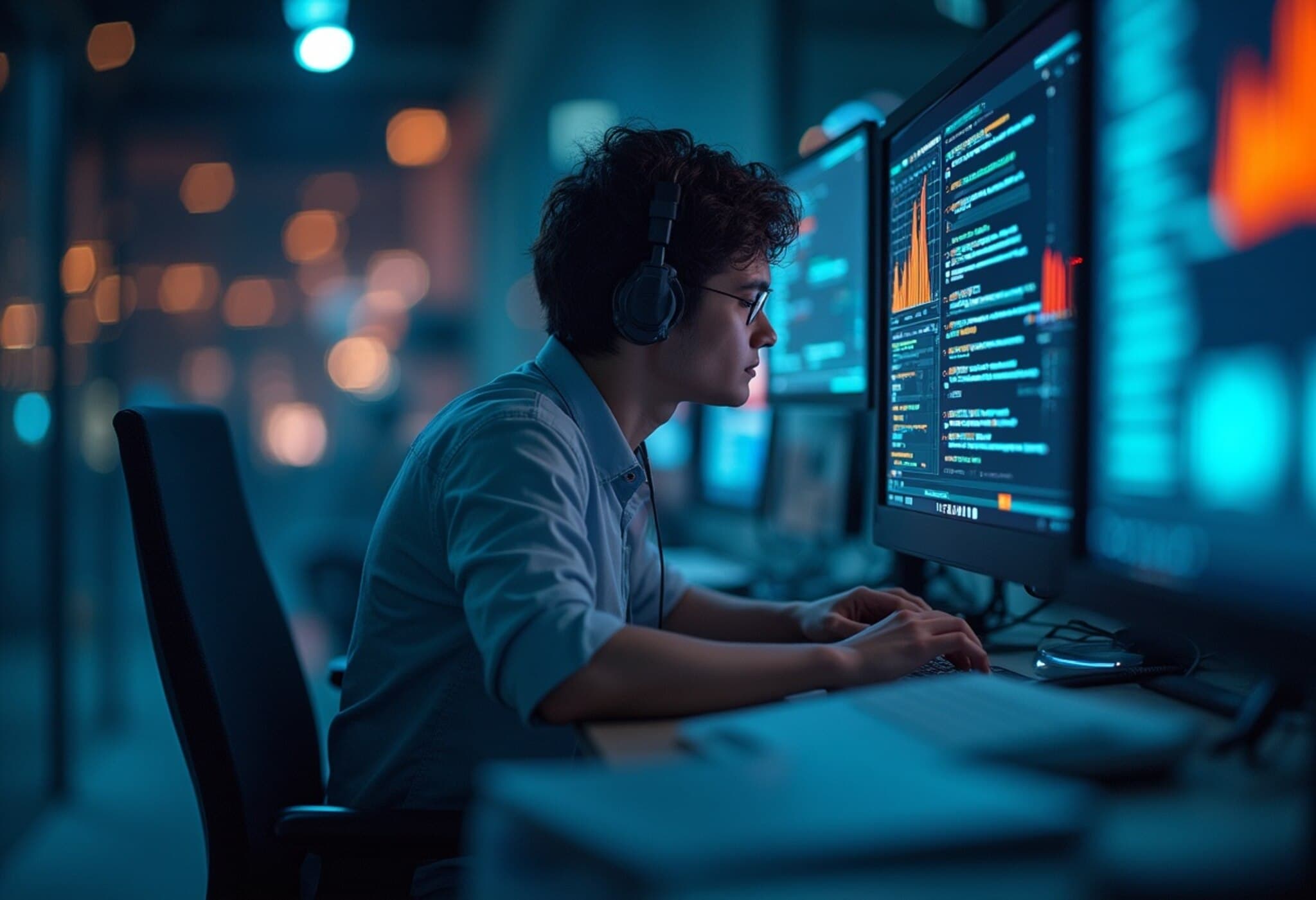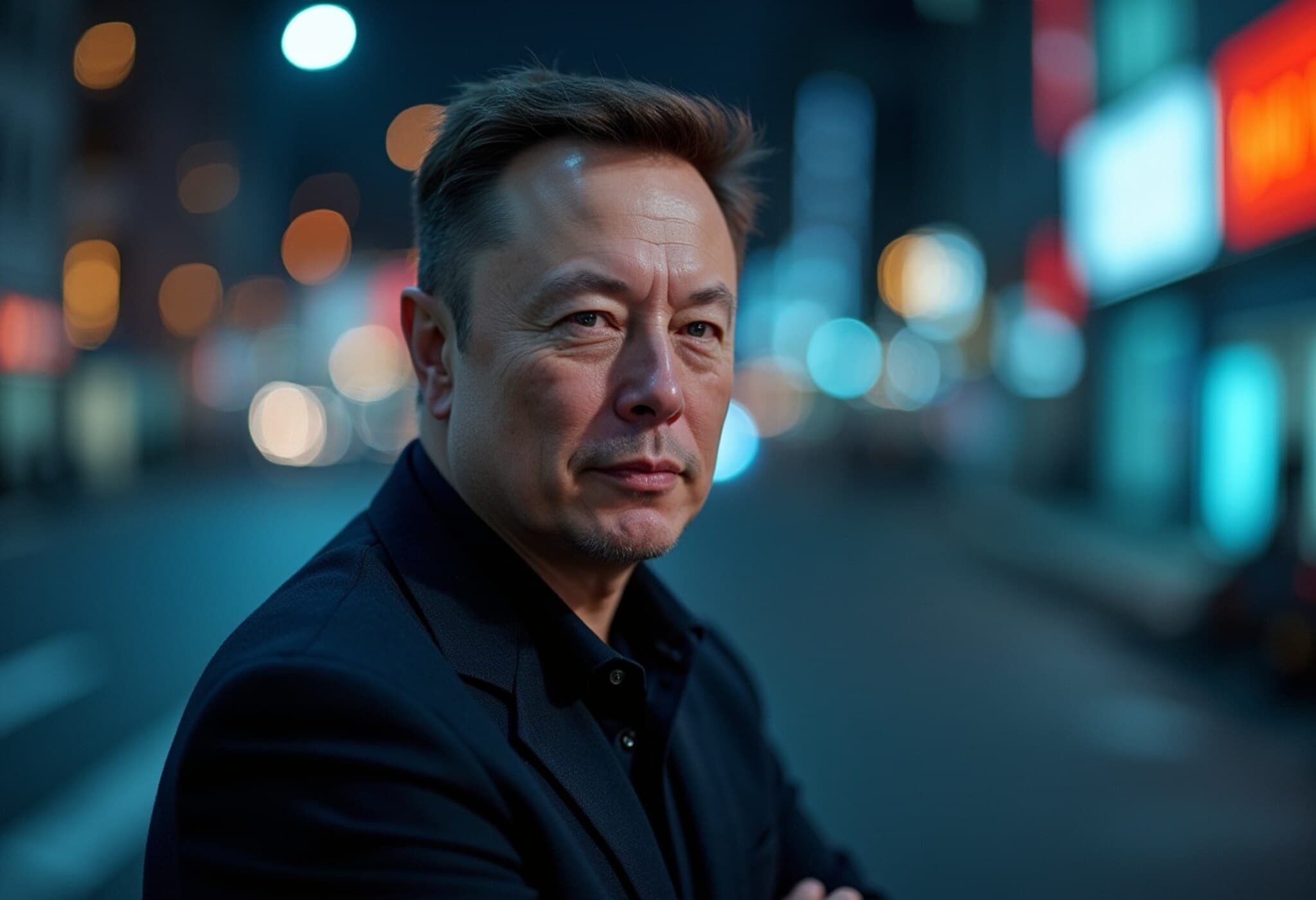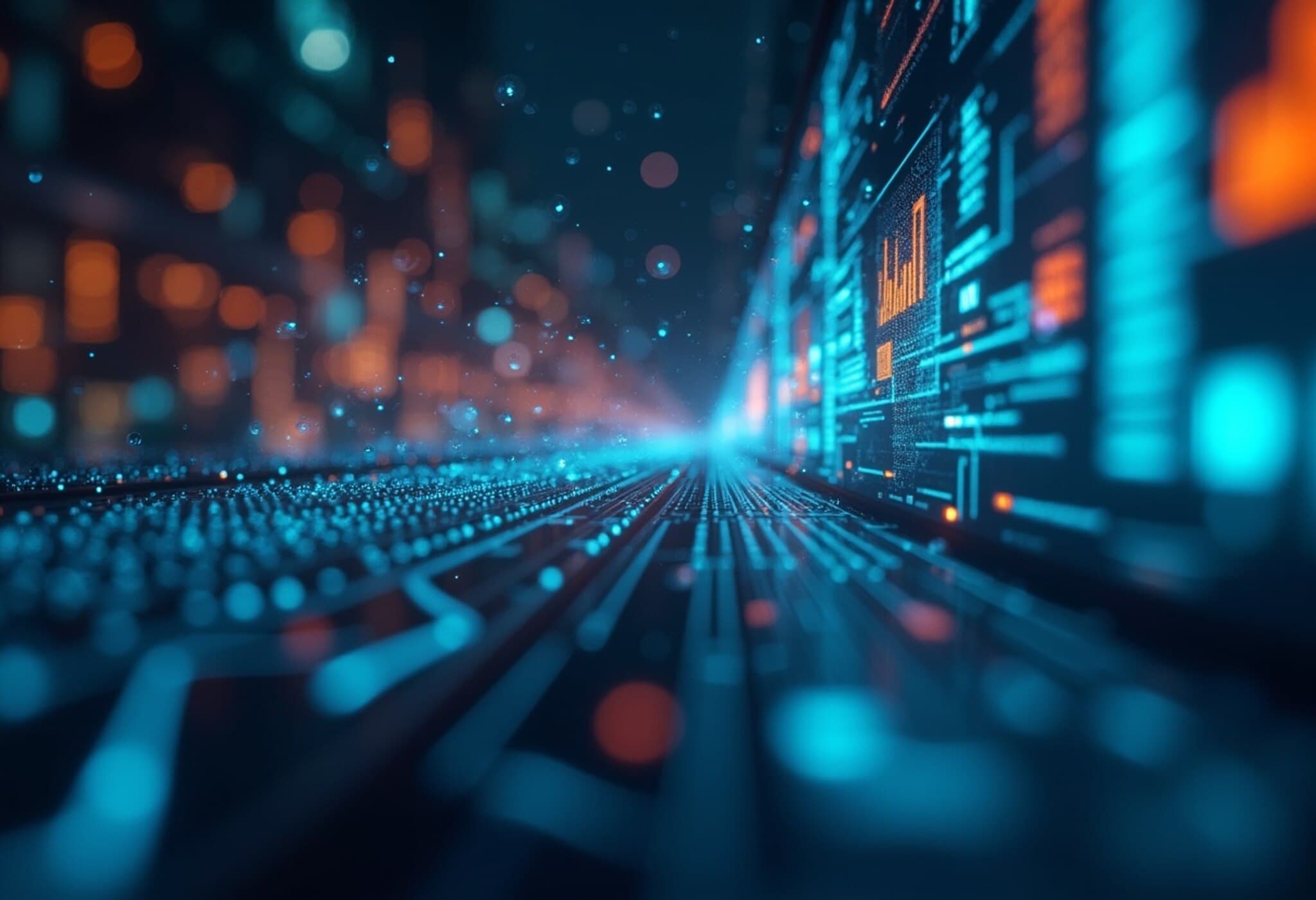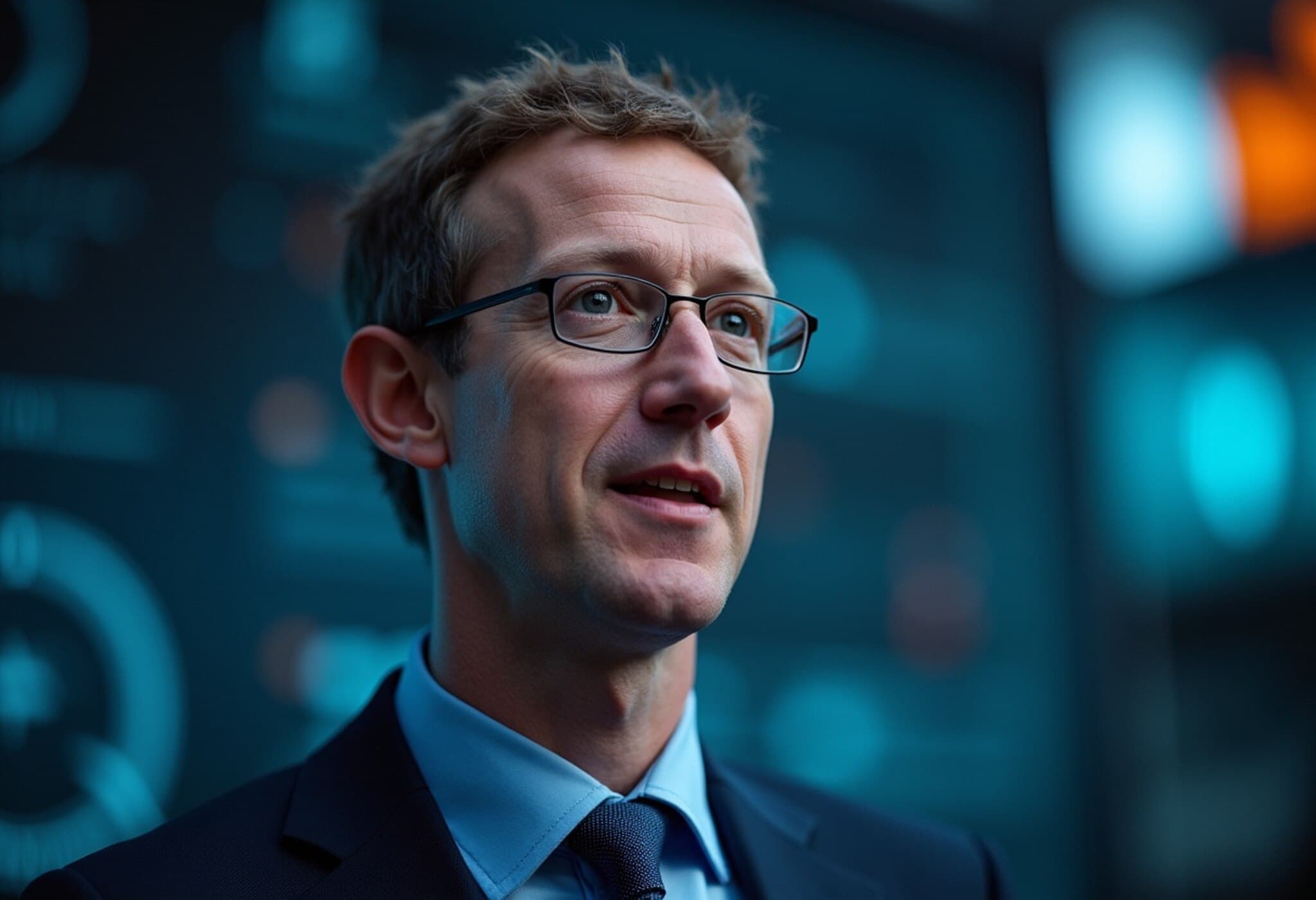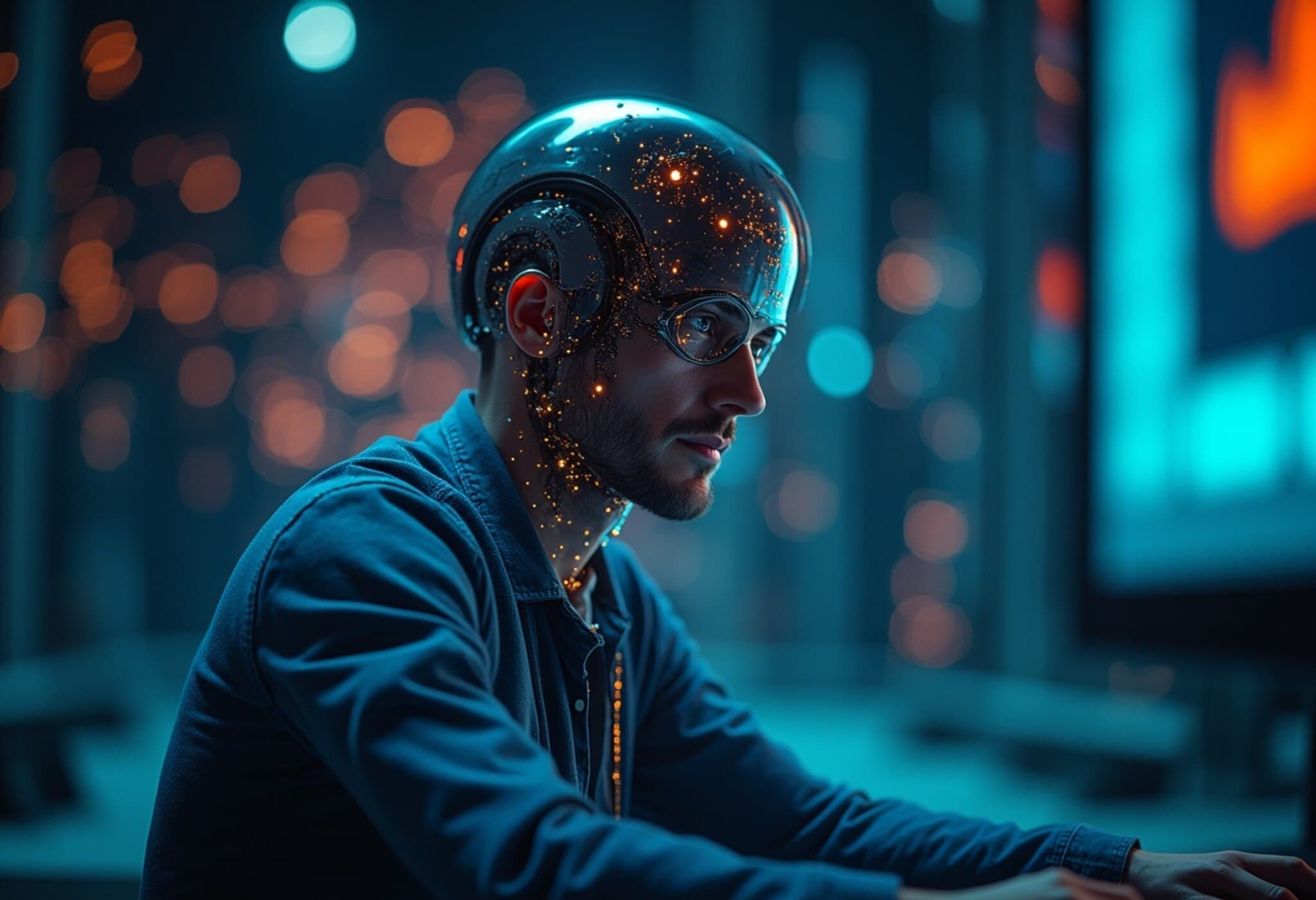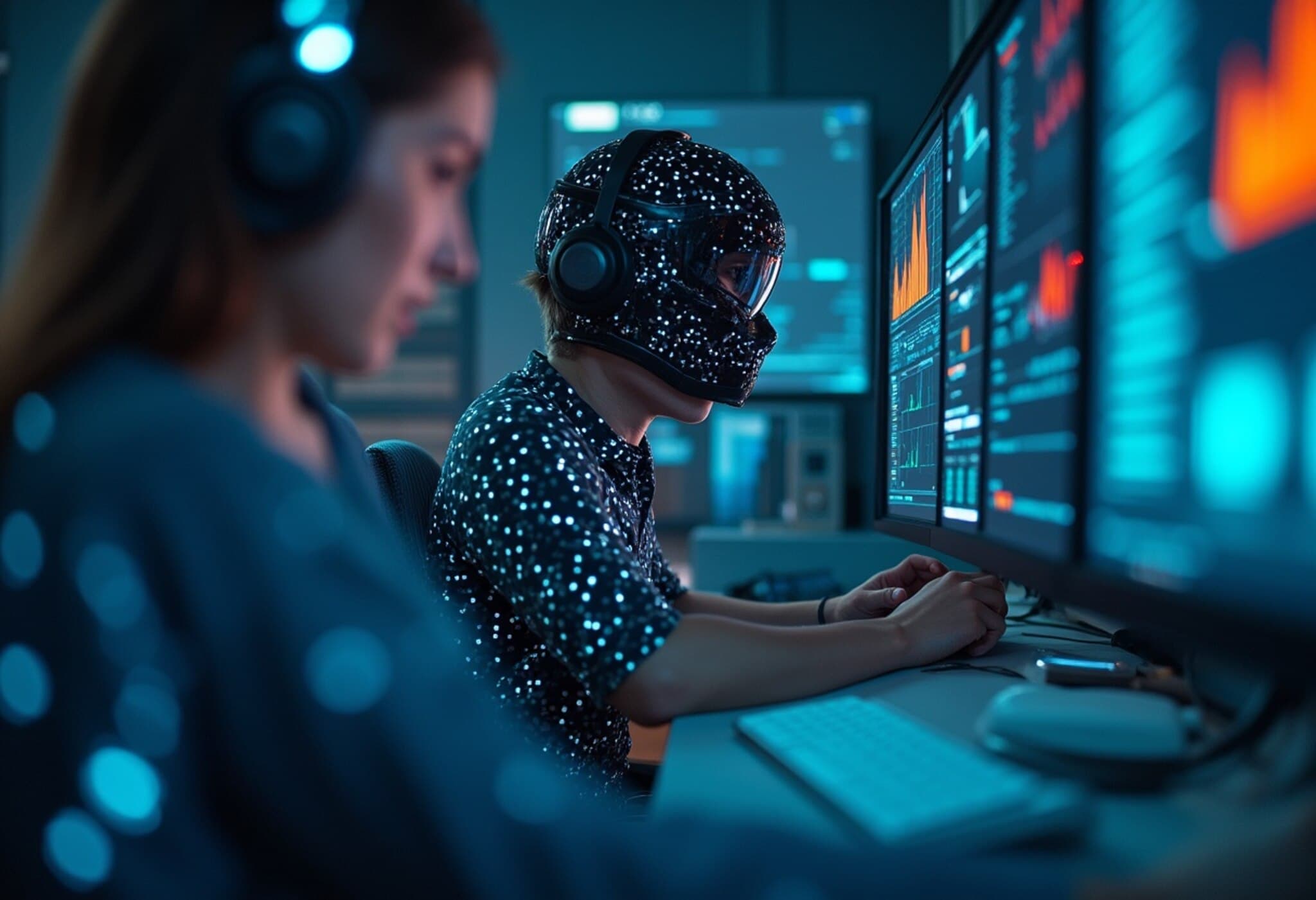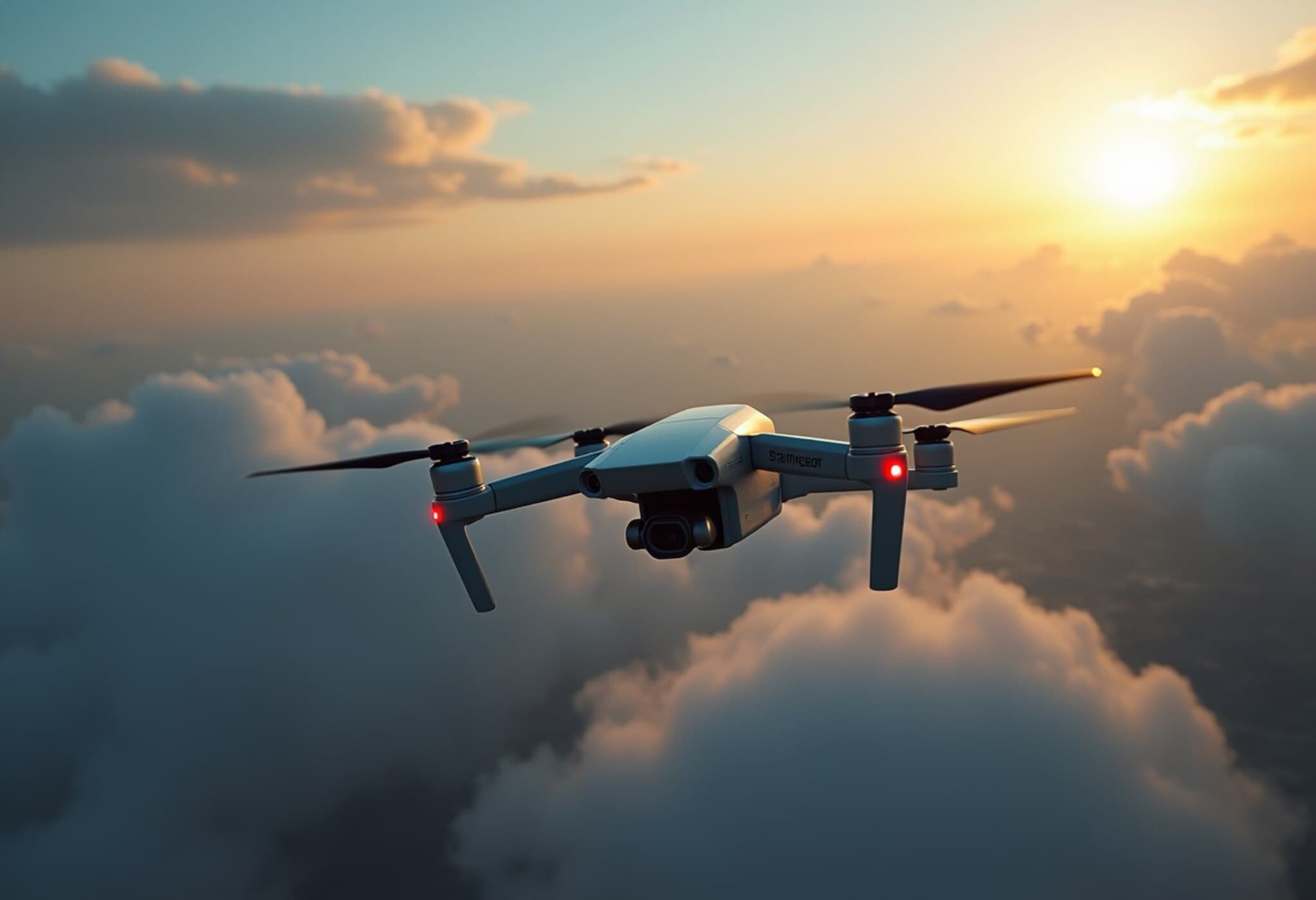Microsoft Accelerates AI Ambitions with Strategic Talent Acquisition from Google DeepMind
In the fast-evolving landscape of artificial intelligence, talent is the highest currency. Microsoft is making clear moves to secure its position in this competitive arena, recently onboarding nearly two dozen seasoned experts from Google DeepMind. Industry insiders reveal that these hires are part of a broader strategy to bolster Microsoft’s AI capabilities, particularly around its consumer-facing Copilot assistant and Bing search platform.
From DeepMind to Microsoft: A Wave of AI Specialists
Several notable recent recruits underscore this trend. Mustafa Suleyman, Microsoft’s AI division CEO and a DeepMind co-founder, has played a pivotal role in attracting top talent from his former employer. One such recruit is a former Google executive with 16 years at the tech giant, including leadership on the Gemini assistant project—Google's direct competitor to Microsoft’s Copilot—who recently joined Microsoft as a corporate vice president.
Other significant migrations include Adam Sadovsky, who brings nearly two decades of AI and engineering expertise from Google DeepMind, now serving as corporate vice president at Microsoft AI. Sonal Gupta and Jonas Rothfuss, both arriving from DeepMind, have also joined the Microsoft AI team in technical staff roles. This pattern of movement signals Microsoft's aggressive recruitment drive to accelerate its AI innovation curve.
Contextualizing the AI Talent Arms Race
This surge in talent acquisition occurs amid an intense scramble among the tech behemoths—Meta, Google, Microsoft, and OpenAI—to outpace each other in AI research, development, and market dominance. Companies are increasingly offering lucrative compensation packages, including record-signing bonuses, to secure the brightest minds. For instance, OpenAI's CEO Sam Altman recently highlighted bonus offers upwards of $100 million for key personnel, and Meta has secured high-profile leaders like Scale AI’s CEO.
Google itself has been active on this front, acquiring leadership from AI startups and continuously refining its own DeepMind operations under co-founder Demis Hassabis.
The Suleyman Factor: A Crossroads of Innovation and Leadership
Mustafa Suleyman’s journey uniquely positions Microsoft for this talent influx. After co-founding DeepMind, which Google acquired in 2014, and later departing to lead the AI startup Inflection, Suleyman rejoined Microsoft last year, bringing a cadre of experts with him. His leadership style emphasizes bridging academic research and practical consumer technology—a synergy visible in Microsoft’s ongoing AI projects.
Balancing Growth Amid Restructuring
While bolstering AI expertise, Microsoft is concurrently navigating workforce changes, recently announcing layoffs affecting less than 4% of its global headcount. This juxtaposition highlights the company’s strategic pivot towards AI-focused growth areas while optimizing its broader operations.
Why This Matters: The Broader AI Ecosystem and Market Implications
Microsoft’s aggressive recruitment from DeepMind highlights several critical themes in today’s AI ecosystem:
- Talent mobility shapes innovation: As AI development becomes increasingly specialized, the movement of experienced researchers and engineers directly influences which organizations lead next-gen technologies.
- Corporate AI rivalries fuel rapid progress: Competition among giants translates to accelerated AI product rollouts, with consumer applications like Copilot and Gemini becoming flagship battlegrounds.
- Economic stakes are enormous: The AI race is not only about technology but also about market share, user engagement, and long-term positioning in emerging digital ecosystems.
What to Watch Next
Observers should closely monitor how these talent acquisitions translate into tangible AI advancements at Microsoft. Will the influx of DeepMind veterans shorten the time for Microsoft to innovate new AI features? How might this influence Google DeepMind’s future strategy amid losing key team members? Additionally, the broader ramifications for privacy, AI ethics, and regulatory oversight will be important as these technologies embed deeper into daily life.
Editor’s Note
Microsoft’s strategic recruitment from Google DeepMind is more than a simple hiring spree—it reflects the intense, high-stakes competition defining the AI era. This talent migration underscores how leadership networks and individual expertise can shift the balance of power in technology. Readers should consider: as AI giants vie for supremacy, how will this impact innovation, consumer choice, and the ethical frameworks governing AI development? Staying informed about these moves is crucial in understanding the future technological landscape shaping society and economies globally.

